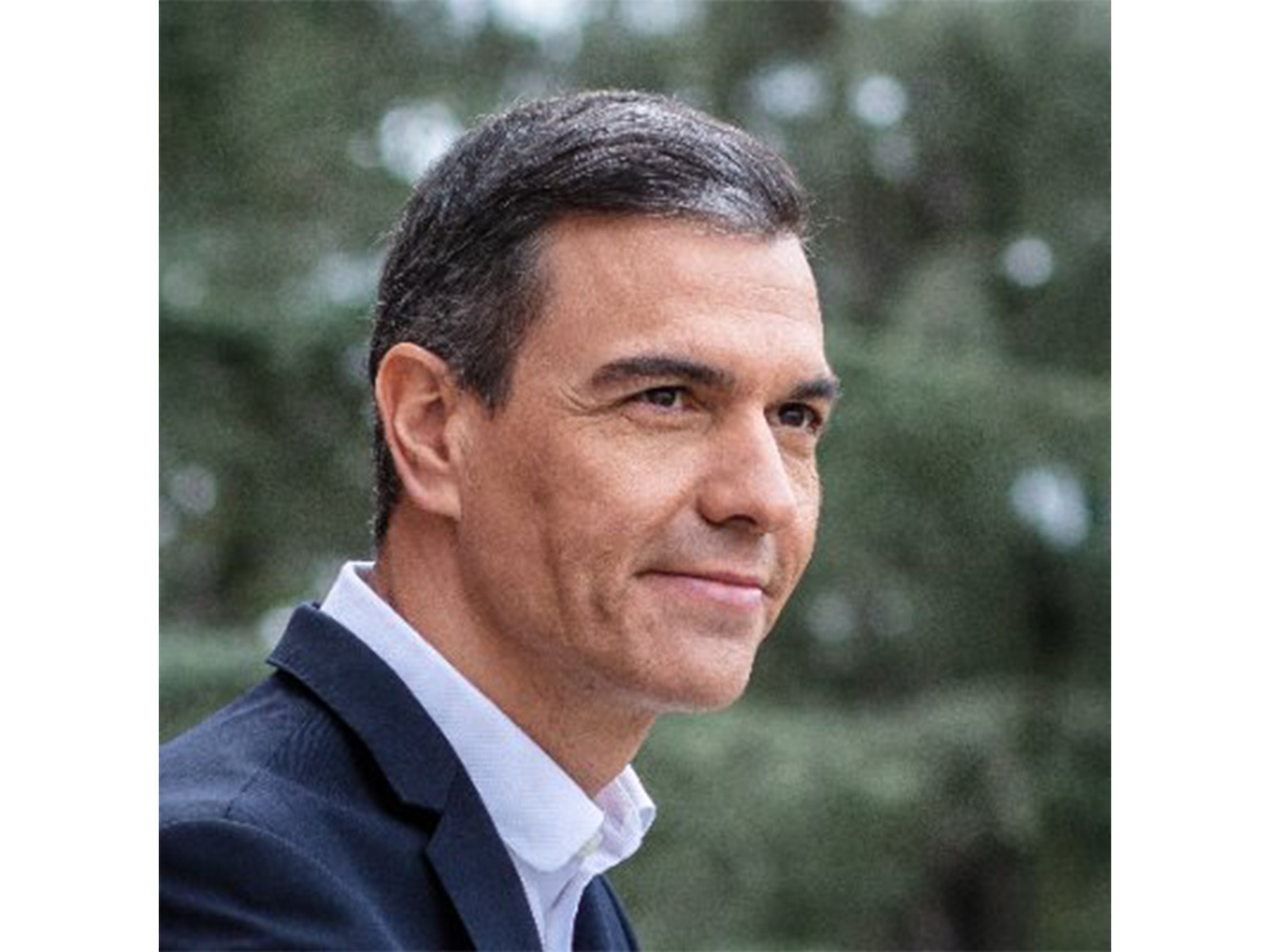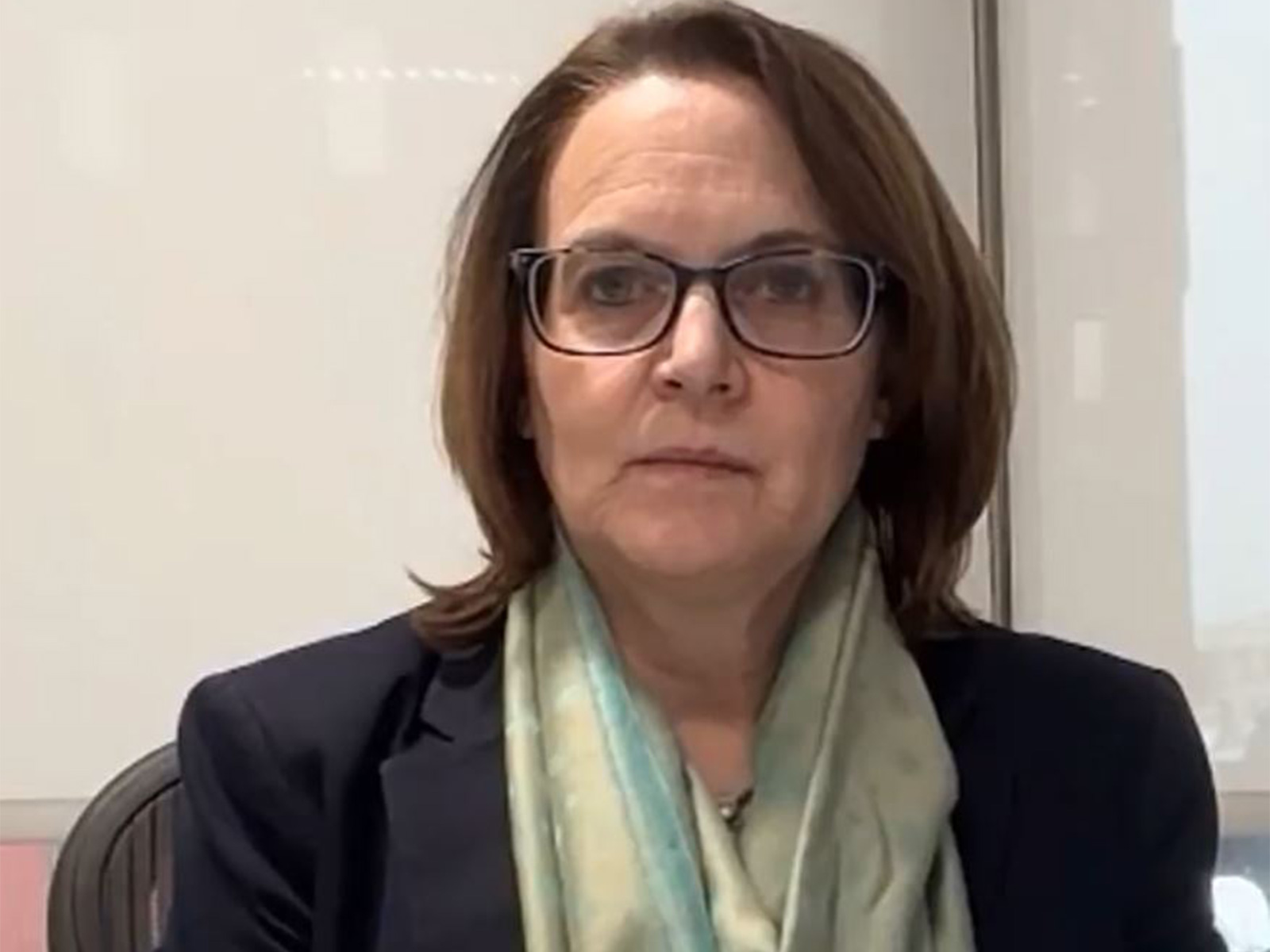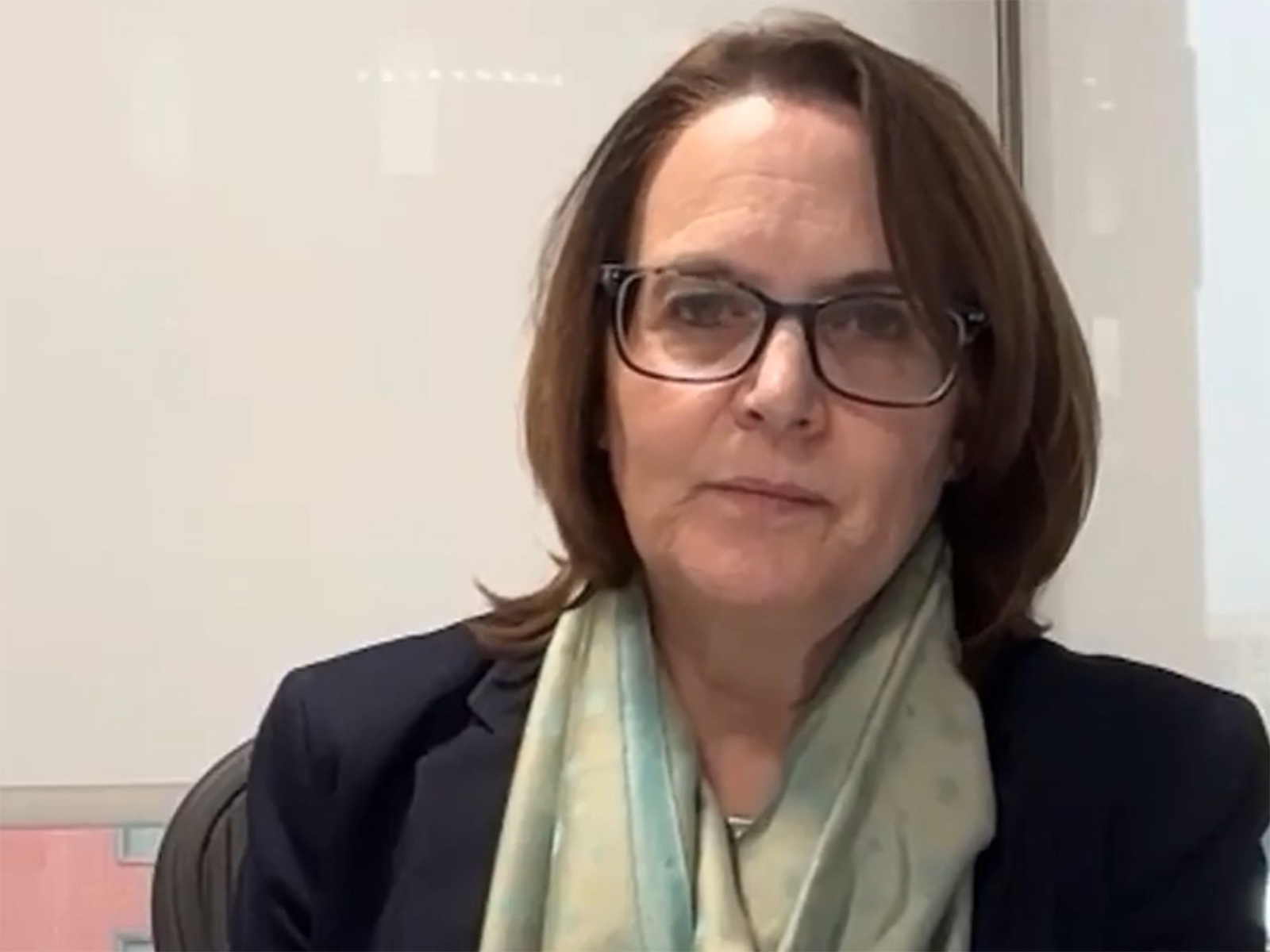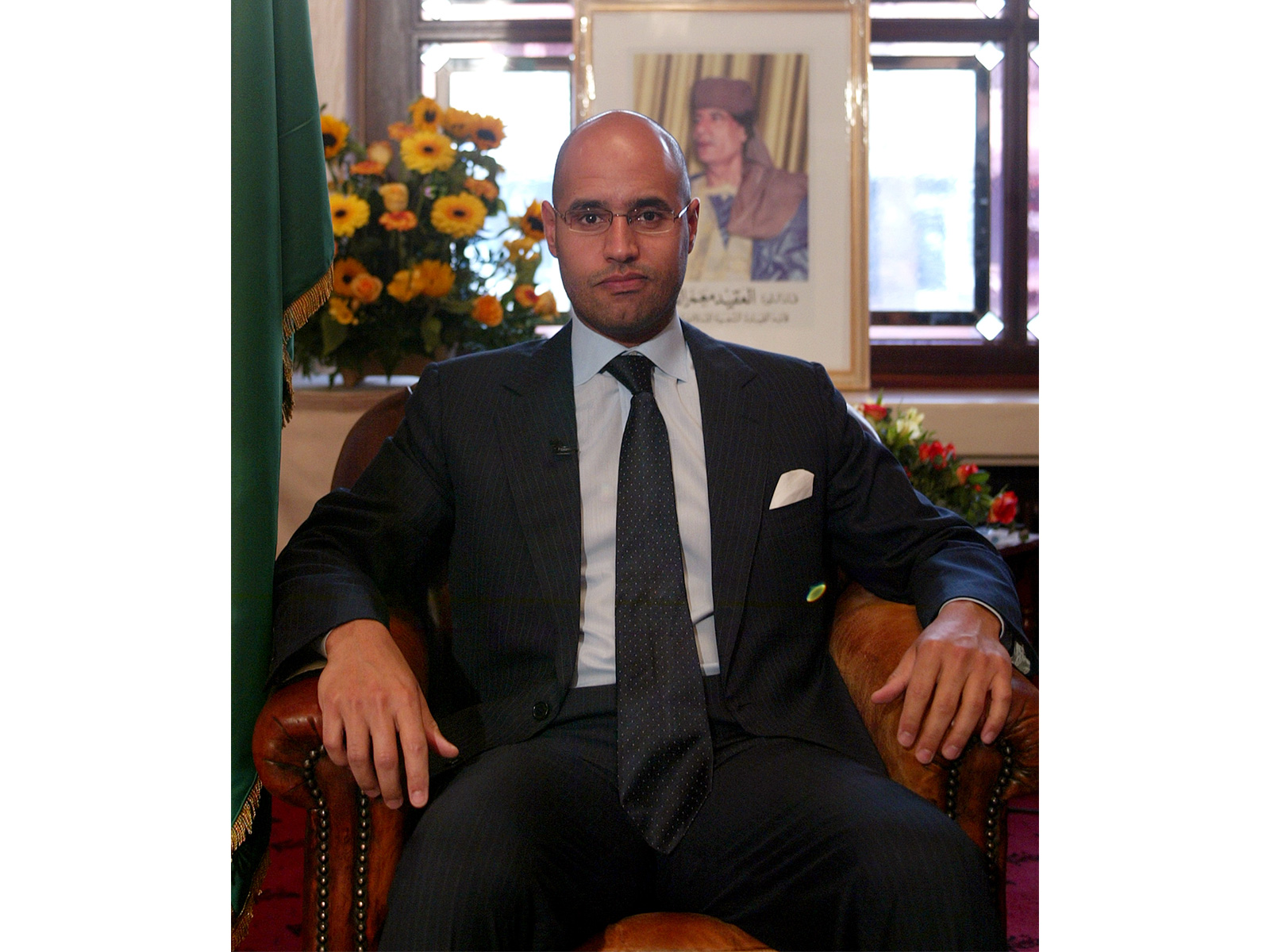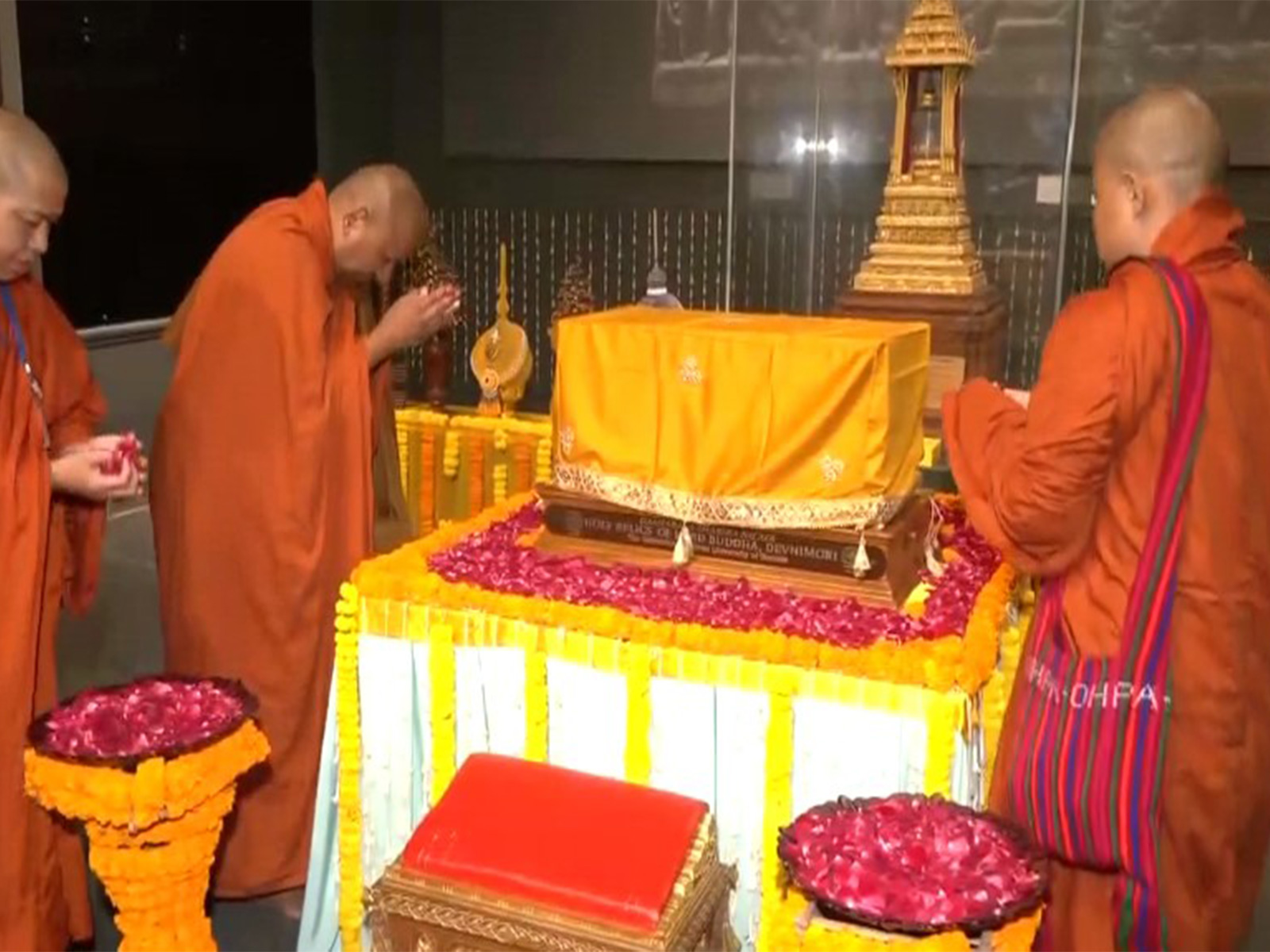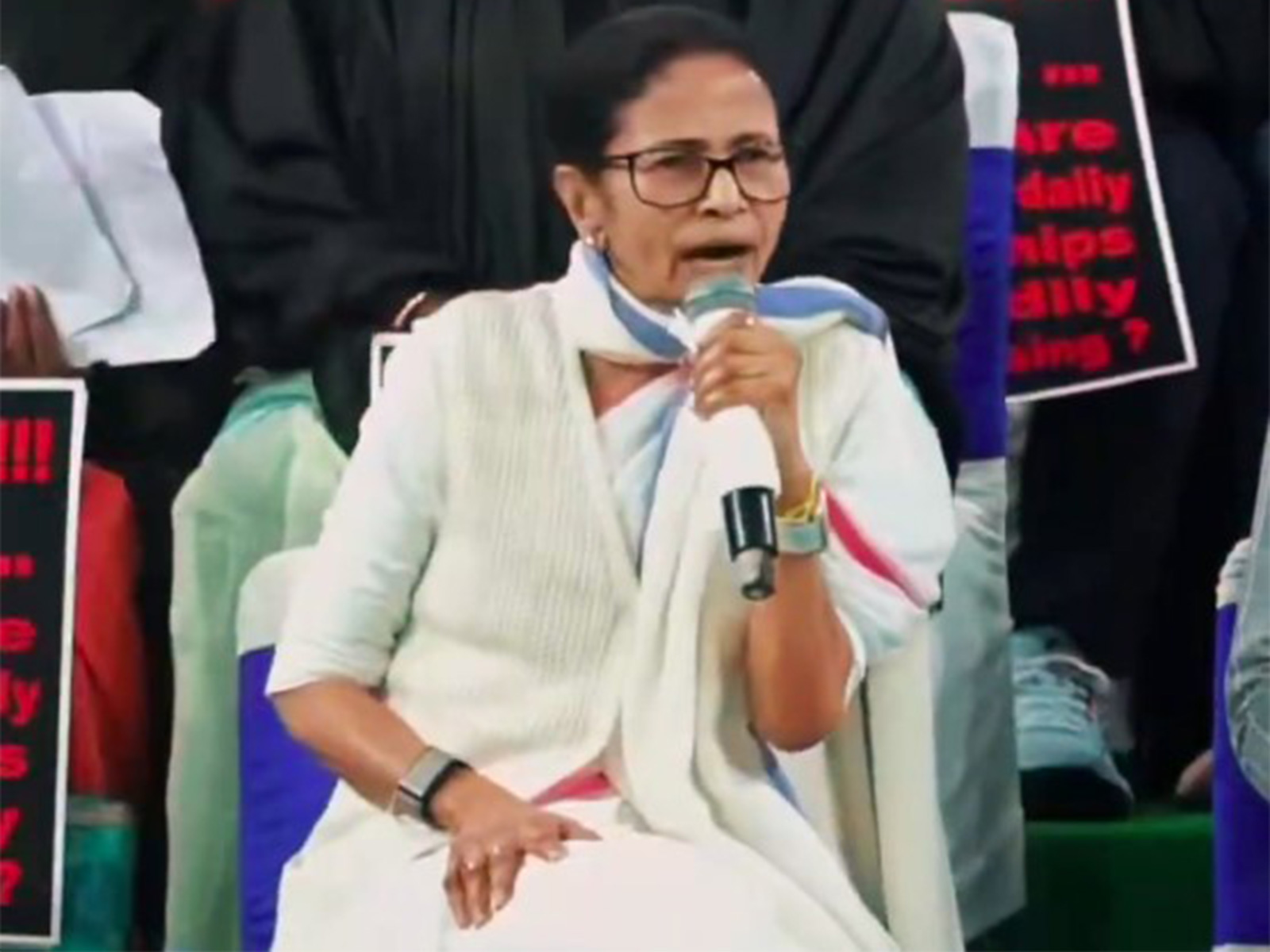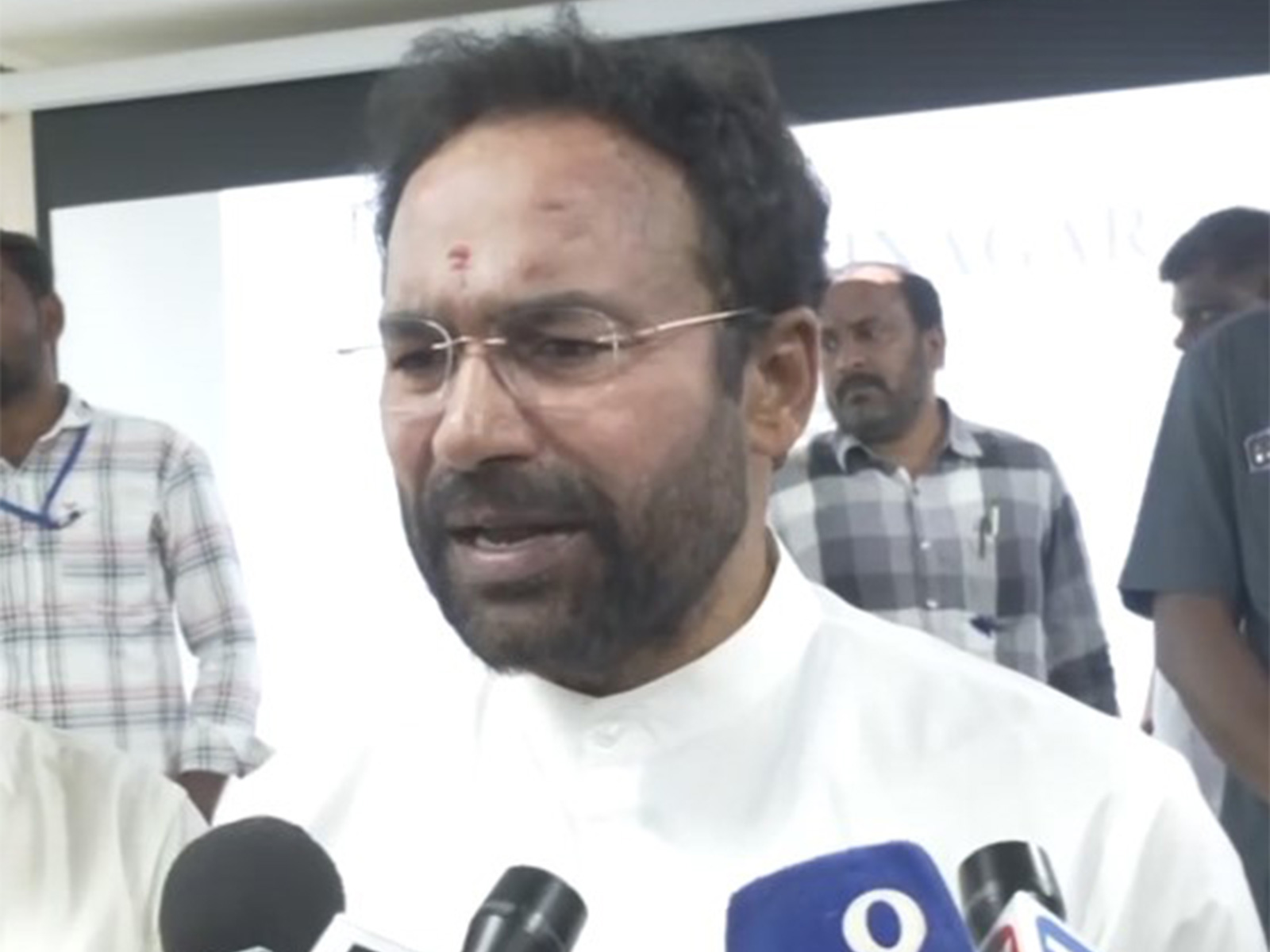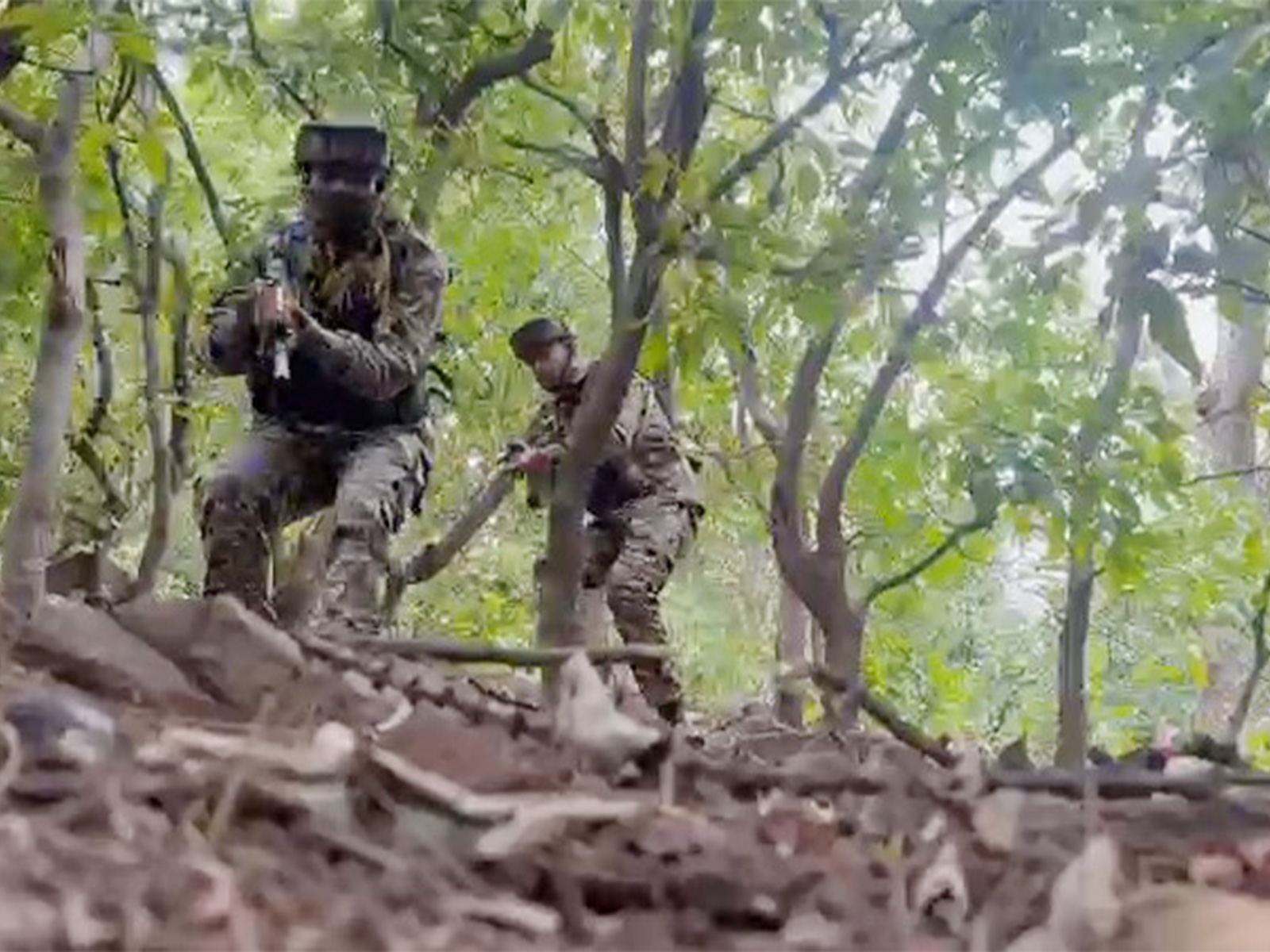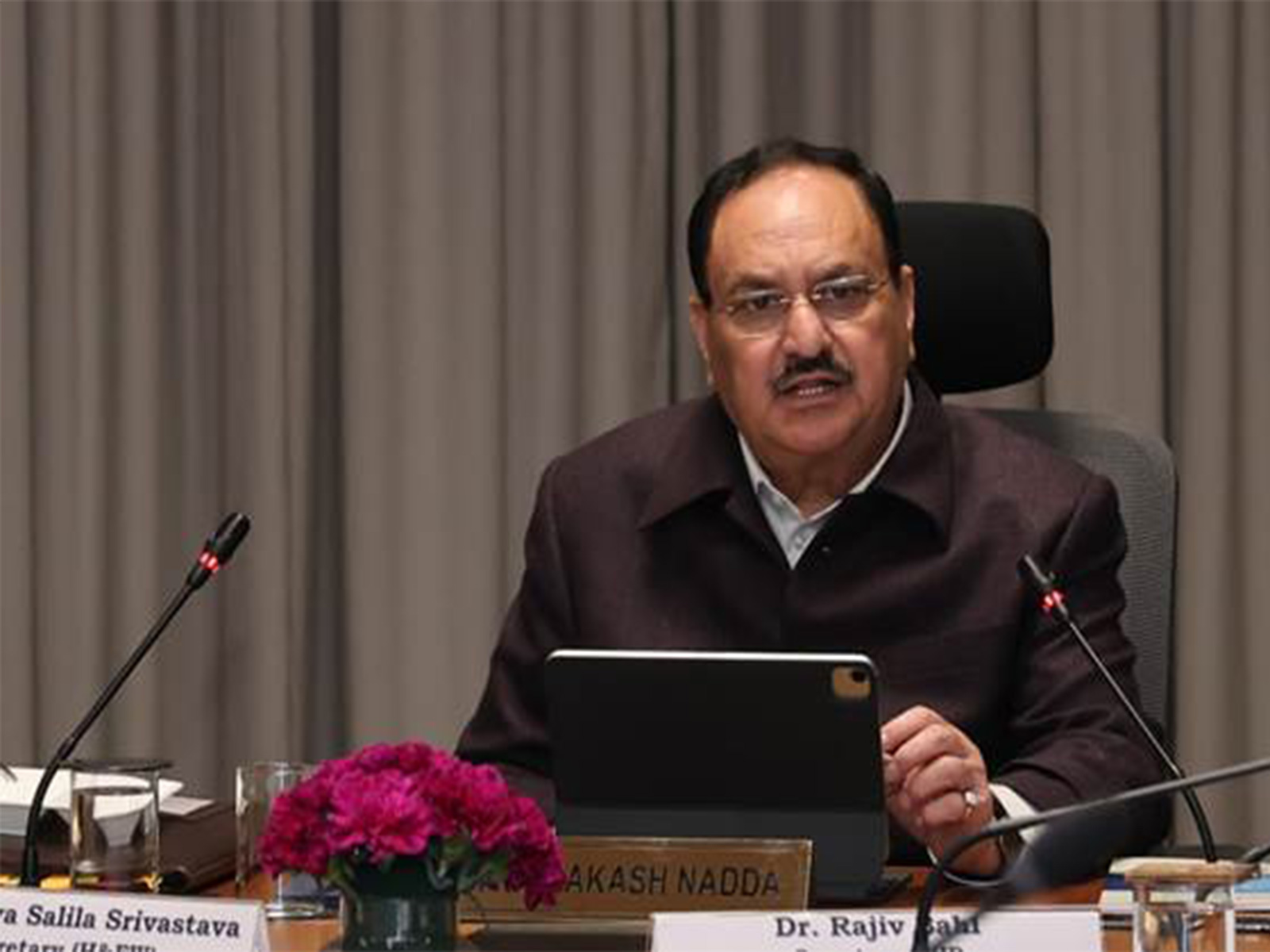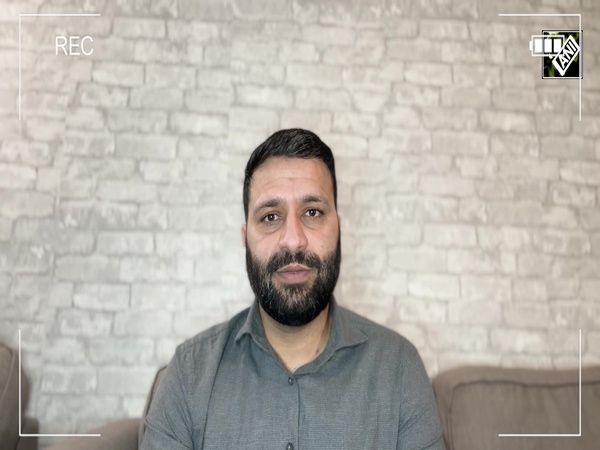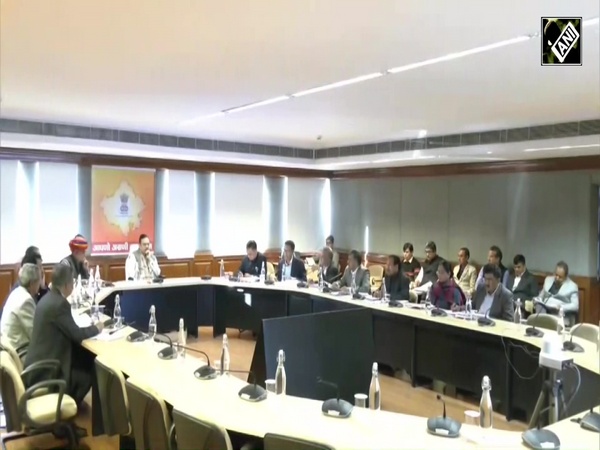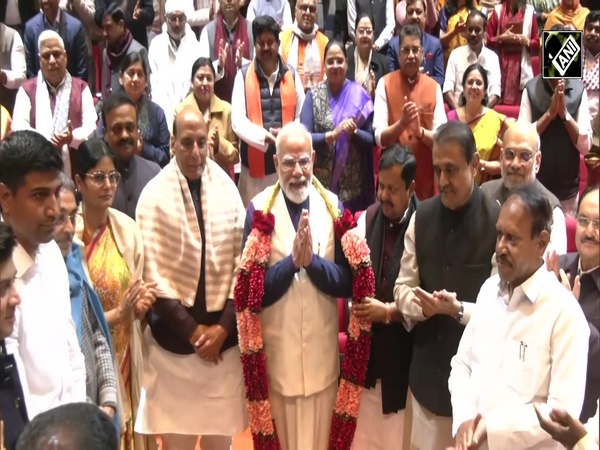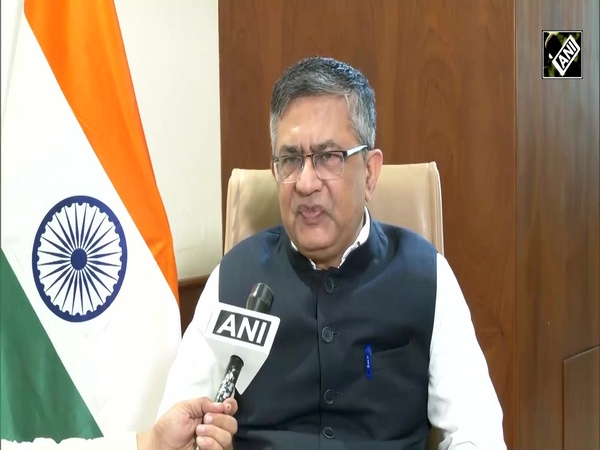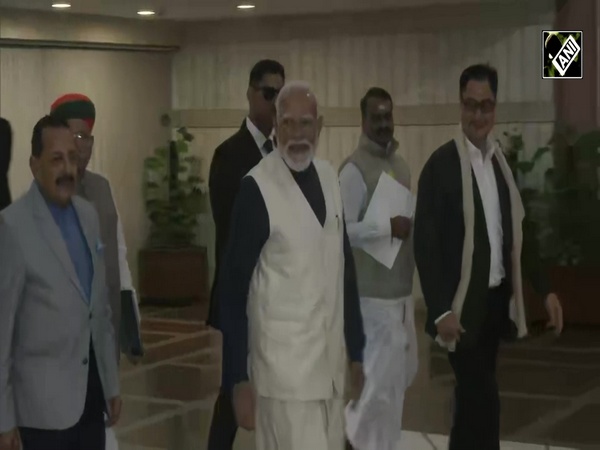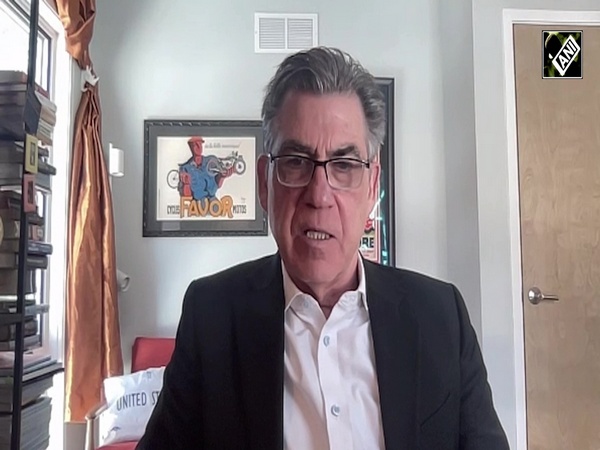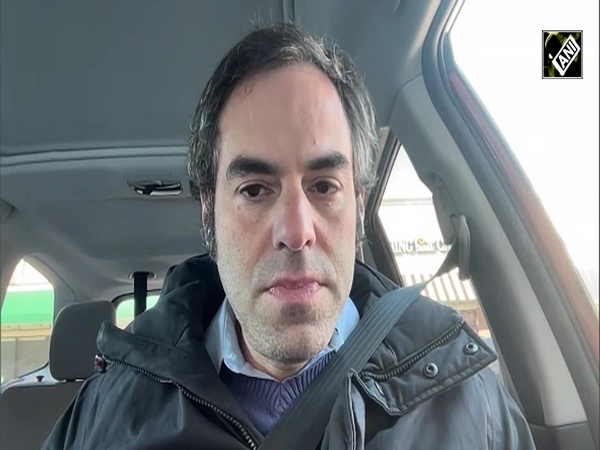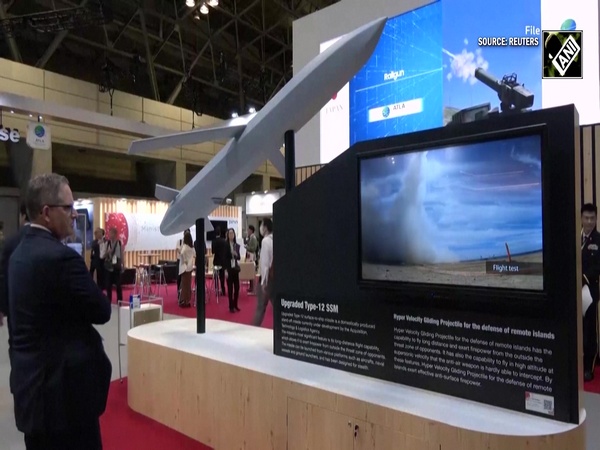“International terrorism, transnational crimes new mainstream concerns…”: MEA Secy Sanjay Verma
Sep 02, 2023

New Delhi [India], September 2 : Ministry of External Affairs Secretary (West), Sanjay Verma on Saturday highlighted challenges like international terrorism, transnational crimes, and illicit drugs are concerning the international community at the 51st Annual Conference of the Indian Society of International Law (ISIL), according to the Ministry of External Affairs press release.
Sanjay Verma underscored the increasing importance of international law in changing world scenarios.
He said, “Challenges like international terrorism, transnational crimes, illicit drug and human trafficking, money laundering, climate change, cyber-crime, corruption, and health are other new mainstream concerns for the international community.”
Verma also said that India had a busy diplomatic schedule at G20, Shanghai Cooperation Organisation (SCO), Brazil, Russia, India, China and South Africa (BRICS) or Bay of Bengal Initiative for Multi-Sectoral Technical and Economic Cooperation (BIMSTEC), which were held his year.
"India’s diplomatic calendar has never been busier. G20, SCO, BRICS or BIMSTEC, to name a few of our engagements, which capture our concurrent and diverse interests," said Verma.
He underscored India’s changing diplomatic priorities to meet fast-morphing global challenges and said, “Atma-nirbharta or strategic autonomy, multi-polarity oriented, a net security provider, first responder, a force for international good and future-oriented are expressions that capture the spirit of India’s changing diplomatic priorities to meet fast morphing global challenges.”
Secretary Verma also stressed that India has made notable contributions to various aspects of international law, including international humanitarian law, the law of treaties, diplomatic and foreign relations, foreign trade and shipping, as well as human rights for substantial changes that have positively impacted lives of our citizens, as well as people across the world.
He said that India strongly advocates the process of reform and restructuring of the UN for it be relevant to the needs of its membership.
"Objective realities underscore the need for thorough-going and genuine UN reform: it is an organization that is over seven decades old; its membership has expanded by nearly four times since the Charter was signed; and 2023 is not the same as 1945!" said Verma.
He said that there is an increasing trend of thought across countries acknowledging that no reform of the UN will be complete without the reform and expansion of the UN Security Council. It is essential that the Security Council is expanded in both the permanent and non-permanent categories.
"The inclusion of developing countries capable of global responsibility, will contribute to optimal decision-making necessary to address the insecurity of developing countries. India has all the credentials and more to be part of a reformed UNSC that reflects the world today," said Verma.
He said that the world should rethink and create space for an Indian perspective and approach to challenge the academic and theoretical constructs, and traditional power structures that have dominated international law with a built-in bias.
"This is a terrain where Indian diplomacy and our own International Law stakeholders will have to combine abilities," he said.
Meanwhile, MEA has supplemented the capacity building of international law in the country. "I am happy to report that as part of our ‘Azadi ka Amrit Mahotsav’, in recent months Ministry of External Affairs organized events jointly with AALCO and the Rashtriya Raksha University. More than 200 diplomats attended the seminar on ‘Seven Decades of Indian Constitution’ organized by MEA in our Parliament. The seminar gave an insight into our deep democratic values and commitment to international obligations reflected in our constitution," said Verma.
The international community is currently negotiating international instruments in diverse fields of international law. For instance, in the field of cyber law, countries are deeply concerned about the protection of the data of their citizens which is under attack by unknown non-state actors across the globe.
"In order to tackle this issue, we have concluded international cooperation agreements to prevent such attacks and safeguard the data of our citizens. Emerging areas such as artificial intelligence or cyber security where the technology or activities of non-state entities can outpace existing law also occupy our efforts," said Verma.
He proposed that ISIL may contribute even more to our international law discourse by encouraging Research Scholars to address subjects like – Migration & Mobility, Extradition, MLAT, Insolvency, Social Security Agreement, Matrimonial, property, child custody, commercial disputes and FTAs and investment treaties. Further, emerging concerns like: Air and Space Law, Energy Law, Cyber Law and Digital Assets should also be their focus.
"Importance may be given to Defence and security-related legal issues, Environmental law, Climate change, Law of the Sea, Water/River Laws, Agriculture and Global Health matters. Lawfare is also a looming threat and should be of particular importance," added Verma.
While concluding, Verma highlighted that a big pool of international law experts, practitioners and arbitrator is needed to match India’s growing international profile is required.
"I am confident that ISIL’s 51st Annual Conference will generate substantive discussions on the contemporary challenges of international law. MEA is open to engagement with knowledge institutions, think tanks, academics and writers from the international law space," said Verma.
